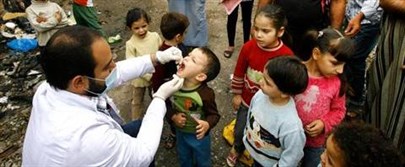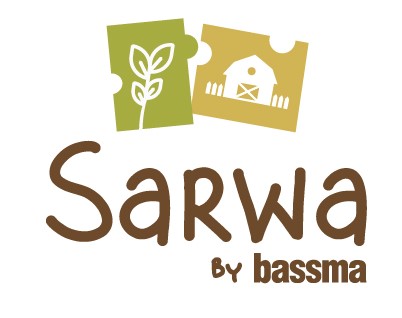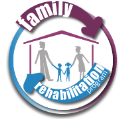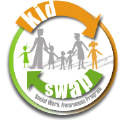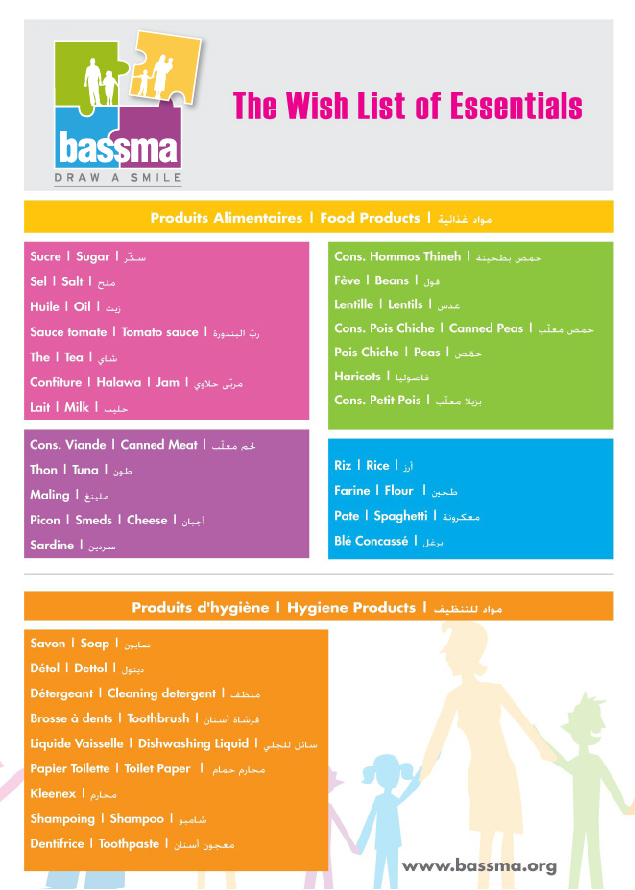Source: http://www.dailystar.com.lb
Author: Mohammed Zaatari
SIDON, Lebanon: Sidon joined a national campaign to vaccinate all children under 5 for polio Thursday after 10 cases in Syria were verified by global health organizations. The campaign was announced by caretaker Health Minister Ali Hasan Khalil last month, when officials stressed that the campaign was a precautionary measure and no cases of the disease had been reported in Lebanon.
Bilal Abdallah, head of Medical Services in Sidon and Zahrani at the Health Ministry, emphasized the seriousness of the campaign. Health experts have warned that the country could witness a renewed outbreak because most Syrian refugees coming from Syria have not been systematically vaccinated since their arrival.
Health Ministry officials have estimated that over 90 percent of children in Lebanon have already been vaccinated, but they are taking no chances.
“All of Lebanon has become exposed,” Abdallah said, adding that the campaign came about as a result of cooperation between the World Health Organization and the Health ministries in all states close to Syria.
All of the campaigns are being held at the same time as “immunization should be comprehensive and thorough,” he said. “This is why this campaign includes Lebanese, Palestinian, and Syrian children as well as all those living on Lebanese soil without exception from the ages of 0 to 5.”
Present at the launch was Sidon Mayor Mohammad al-Saudi and a number of political figures, medical professionals and civil society representatives. Following the news conference, a number of children received two drops under the tongue to immunize them against the disease.
According to Saudi, the number of children affected by the disease has been significantly reduced by global vaccination efforts that have eradicated the disease in many areas. In Lebanon, no cases of polio have been recorded in over a decade.
“We should not neglect the other 1 percent [who have not been vaccinated], so the disease will not begin to spread again,” Saudi said.
The first phase of the campaign will take place Nov. 8-12, and the second will be Dec. 6-10.
The poliovirus is highly contagious and usually spreads through the ingestion of infected fecal matter through contaminated water or food, or even by unwashed hands. It can also spread through water droplets from a sneeze or cough. The disease causes severe paralysis, which can be fatal when it affects vital muscle function in the heart and lungs.
The campaign will include all Lebanese schools as well as the United Nations Relief and Works Agency schools in the country’s Palestinian refugee camps.





